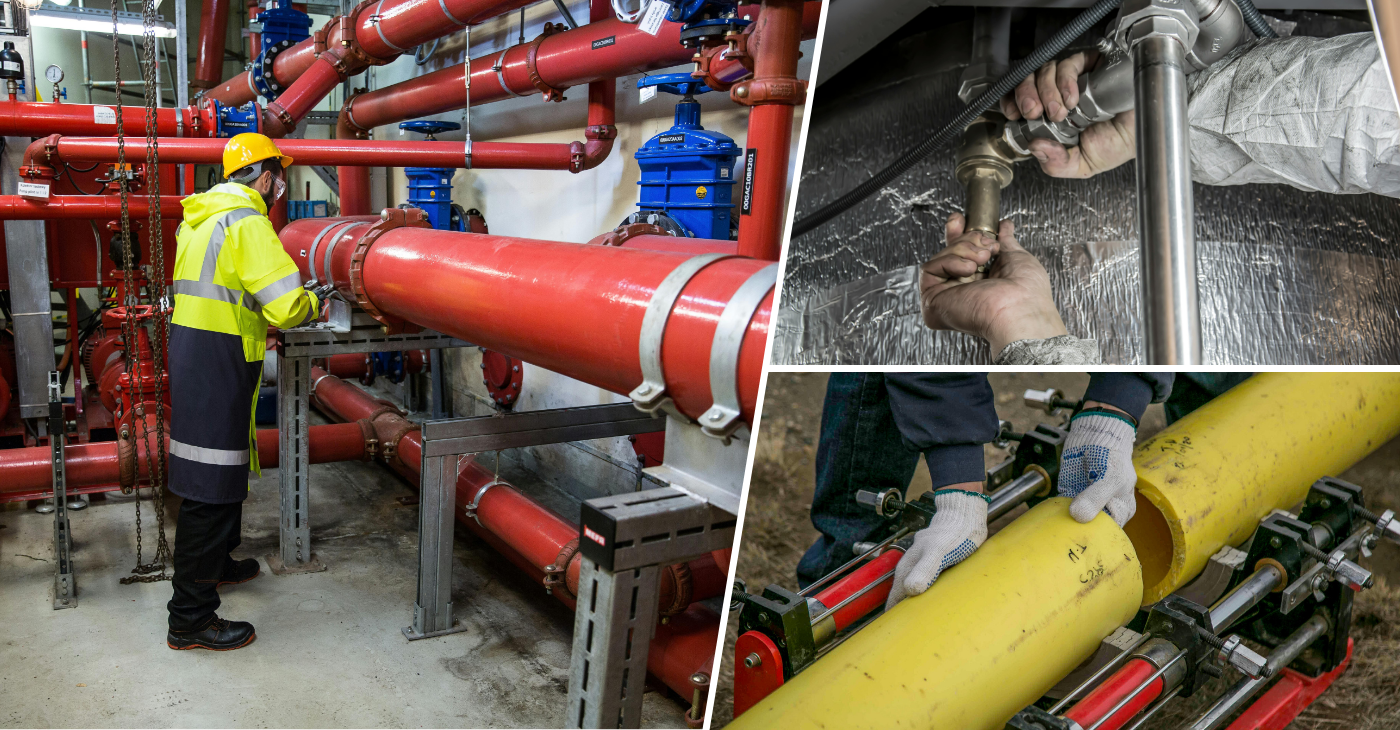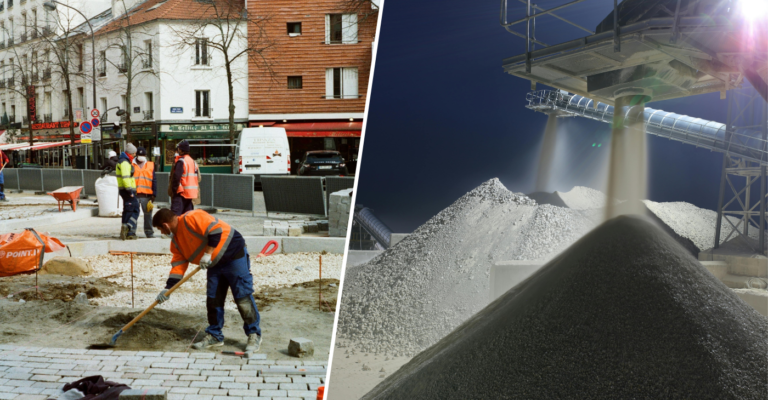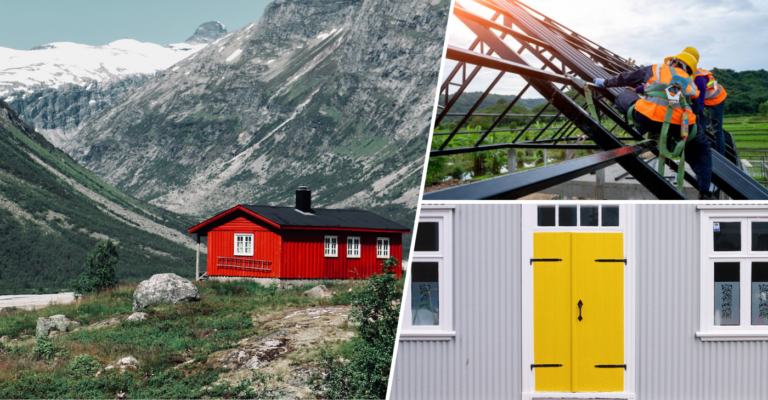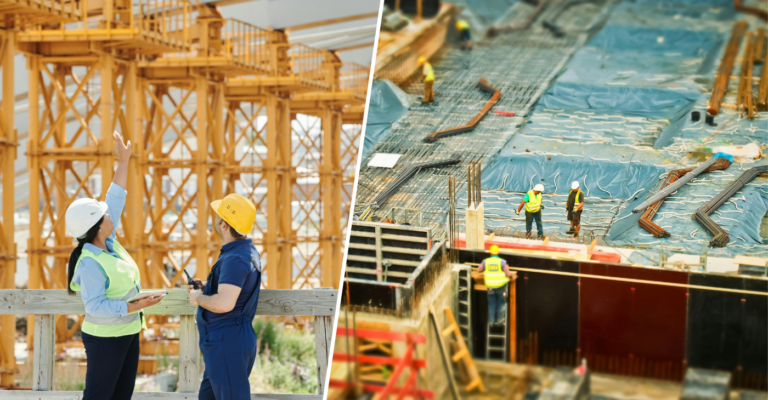How to become a plumber – Fast guide
How to become a plumber is a great choice for a stable career with good earning potential. It offers stable work and the chance to earn good money. The process of becoming a plumber combines education, hands-on experience, and licensing. You’ll keep learning and improving throughout your career. If you’re thinking about becoming a plumber, this guide will take you step by step from finishing high school to becoming a master plumber. Here’s an easy breakdown of how to get started.
How do you start your journey to becoming a plumber?
Learning how to become a plumber starts with getting a high school diploma or GED. Focus on maths and science subjects to help with measuring and understanding water flow. After that, you can join a pre-apprenticeship program. These programs teach basic plumbing skills and make you ready for an apprenticeship. Once you secure an apprenticeship, you’ll learn by doing hands-on work and get guidance from experienced plumbers. This mix of learning and working prepares you for a successful career in plumbing.
High school education
High school education is the first step to becoming a plumber. People interested in how to become a plumber should start by developing basic maths and problem-solving skills. These help with measuring pipes and understanding water flow. Algebra and geometry are especially useful. If your school offers technical classes, take them. They can teach you about tools and safety. A high school diploma or GED is required to start an apprenticeship. This foundation makes it easier to learn plumbing skills later.
Pre-apprenticeship programs
Pre-apprenticeship programs give you early exposure to plumbing work. If you’re wondering how to become a plumber, you will need to complete an apprenticeship. You can find them at vocational schools or community colleges. They teach basic skills like pipe installation, blueprint reading, and safety protocols. Programs last 6 months to a year, giving you an edge when applying for apprenticeships. You’ll also get a feel for whether plumbing is the right career for you before committing to the full journey.
Securing an apprenticeship
If you’re researching how to become a plumber, finding the right apprenticeship is key. You’ll learn from experienced plumbers, gaining hands-on skills. Apprenticeships usually last 4 to 5 years, combining practical work with classroom training. These programs are typically offered by local plumbing companies, trade unions, or industry associations.
You will work around 2,000 hours a year on real jobs during your apprenticeship and spend at least 200 hours in classroom training. You will earn a salary percentage of what a fully licensed plumber makes. Your pay will increase and you will take on more tasks as you move forward in the program.
You may need to pass a basic test and interview. You’ll learn essential plumbing skills during your apprenticeship, such as:
- Pipe installation and repair: Working with different types of pipes, such as PVC, copper, and steel.
- Fixture installation: Installing sinks, toilets, bathtubs, and faucets.
- System troubleshooting: Diagnosing and fixing plumbing problems, such as leaks and blockages.
- Blueprint reading: Understanding architectural plans and translating them into installed plumbing systems.
- Safety practices: Following health and safety regulations to ensure a safe working environment.
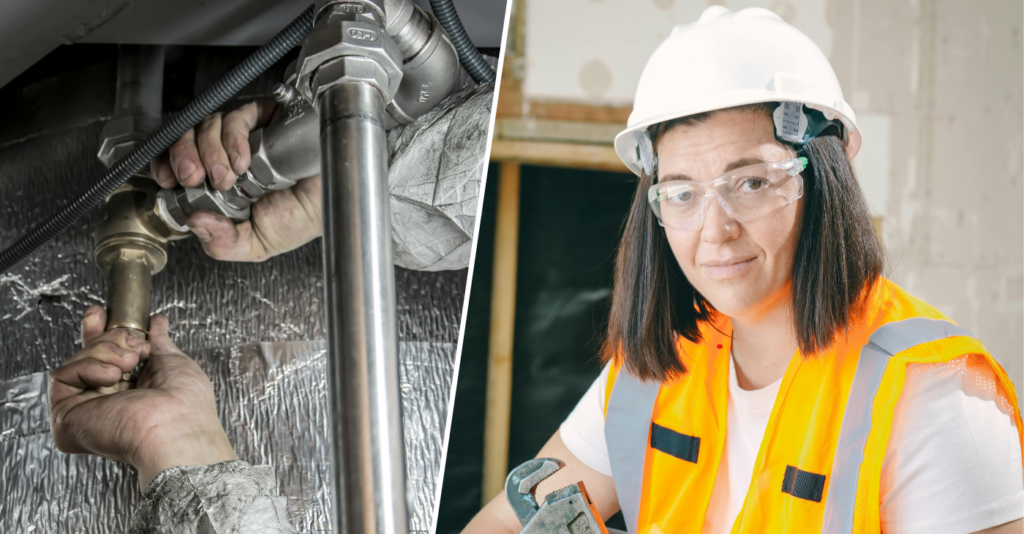
Essential skills for plumbers
Plumbing is more than just fixing pipes. You’ll need several key skills to succeed. First, you must have problem-solving abilities. You will encounter obstacles that demand innovative thinking. Second, physical dexterity is crucial. If you want to know how to become a plumber, you should be prepared for physically demanding work. Plumbers work with their hands, often in tight spaces, and you’ll need to handle tools with precision. Communication skills are also important, as you’ll interact with customers and team members regularly. Lastly, attention to detail is essential to avoid mistakes that could lead to costly repairs later.
Licensing – Becoming a journeyman plumber
After finishing your apprenticeship, the steps in how to become a plumber include getting a licence. The requirements vary by state or region, but you’ll likely need to pass an exam. This exam will test your knowledge of plumbing systems, building codes, and safety regulations. Some places also require a practical exam where you’ll demonstrate your skills.
In addition to passing the exam, you may need to show proof of completed work hours and training. Once you get your licence, you’ll be able to work independently without supervision, handling more complex jobs and earning a higher salary.
Specialisation and continued education
Specialising can lead to higher pay and more job opportunities. Additionally, many states and regions require ongoing education to maintain your licence. This ensures that you stay up-to-date with the latest technologies, techniques, and safety regulations in the plumbing industry. As a licensed journeyman plumber, you’ll have the opportunity to specialise in specific areas of plumbing, such as:
- Residential plumbing: Focusing on installing and maintaining plumbing systems in homes, including water supply and drainage systems.
- Commercial plumbing: Working in larger buildings, such as schools, offices, or hospitals, where systems are more complex and require different knowledge and skills.
- Industrial plumbing: Handling large-scale plumbing systems in factories, warehouses, and industrial plants.
- Green plumbing: Specialising in environmentally-friendly systems, such as water-saving technologies and solar water heating.
How do you become a master plumber?
Becoming a master plumber is the top level in the trade. You’ll need a few years of experience as a journeyman before you can take the master plumber exam. The test includes in-depth plumbing knowledge and aspects of managing a plumbing business. Once you pass, you’ll be able to start your own plumbing business, hire apprentices, and take on larger projects. Becoming a master plumber also opens up higher earnings and more independence in your career.
How long does it take to become a certified plumber?
The journey to becoming a plumber takes time. It typically takes about 4 to 5 years to complete an apprenticeship. If you choose to attend a trade school or pre-apprenticeship program first, add another 6 months to 2 years. So, in total, expect to spend around 5 to 7 years to become fully licensed. However, the time investment pays off with steady job opportunities and a good salary.
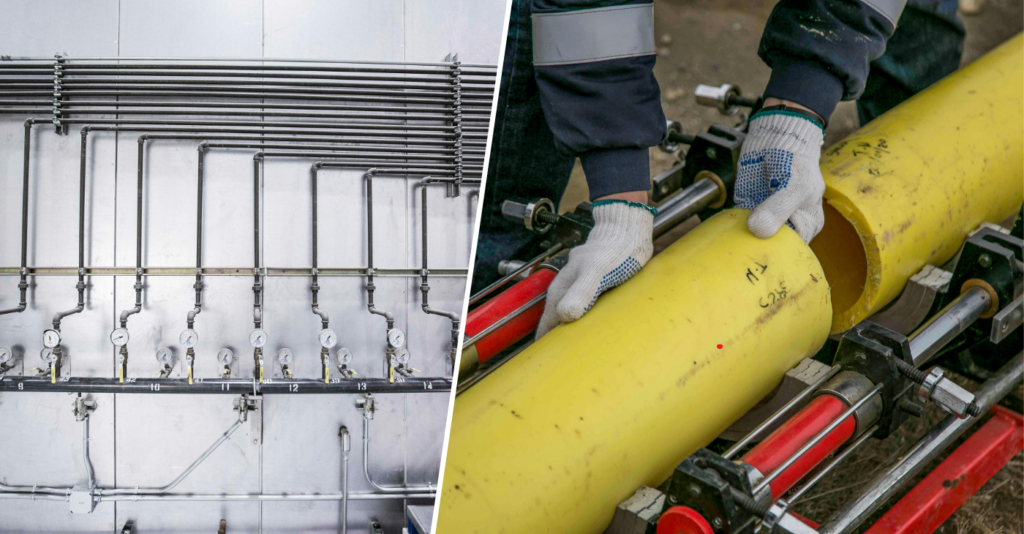
What does it cost to become a plumber?
The cost of becoming a plumber in UK depends on the path you take. If you go through a pre-apprenticeship or trade school, the fees can range from $1,000 to $3,000 for a certificate program. A two-year associate degree might cost up to $25,000. Additionally, you’ll need to invest in tools, which can range from $500 to $1,500.
The cost of licensing also varies by state. You’ll need to pay for your exam, which could range from $50 to $300, along with fees for licence renewal. Despite the upfront costs, plumbing offers a solid return on investment with strong earning potential.
How much can you earn as a plumber in the UK?
The salary of a plumber in UK varies based on experience and location. Apprentices typically earn between $30,000 and $40,000 per year. Once you become a journeyman, your salary can rise to $50,000 to $75,000 annually. Master plumbers can make $90,000 or more each year. With steady demand for plumbing services, you’ll find plenty of job opportunities. Part of knowing how to become a plumber is understanding that your salary will grow as you gain more experience.
What’s the job outlook for plumbers?
The demand for plumbers remains strong. Job growth in this field is projected to continue, with new buildings going up and older systems needing maintenance. Specialised areas like green plumbing are also growing, offering more job options. Whether it’s residential work, commercial projects, or industrial plumbing, there’s no shortage of opportunities in this trade. Plumbers are essential to keeping water and heating systems running smoothly, ensuring a steady flow of work.
How to stay up-to-date with plumbing standards and regulations in the UK?
To stay up-to-date with plumbing standards and regulations in the UK, it’s important to follow a few simple steps.
- Join professional organisations
Becoming a member of trade bodies like the Chartered Institute of Plumbing and Heating Engineering (CIPHE) or the Gas Safe Register will help you stay informed. These organisations regularly update their members on new regulations, industry best practices, and important changes.
- Attend training and workshops
Ongoing training is key to staying current. Many colleges, training centres, and industry bodies offer refresher courses. These courses and workshops help plumbers learn new techniques or understand updated standards.
- Subscribe to industry publications
Reading industry publications or online blogs that cover UK plumbing regulations is a great way to stay informed. Magazines like Plumbing & Heating Engineer and online forums often discuss the latest news in plumbing.
- Keep track of legal changes
The UK government often updates building regulations and standards that affect plumbing. Check the official government website or consult local authorities to make sure you are complying with the latest laws.
- Network with other professionals
Staying in touch with other plumbers can help you learn about changes in the industry. Many professionals share their insights on new tools, standards, or practices through these networks.
- Renew certifications regularly
Make sure your certifications, like Gas Safe registration, are always up-to-date. Regular renewals will require you to stay informed about current regulations.
Final thoughts
Becoming a plumber takes time and dedication. It can lead to a solid and rewarding career. Understanding how to become a plumber involves learning both technical skills, like working with pipes, and soft skills, like communicating with customers. This path involves a mix of schooling, hands-on experience, and getting a licence. Once you complete your training and earn your licence, you’ll have many options. You can choose to specialise, start your own business, or enjoy a secure job. If you’re ready to put in the effort, plumbing can offer great opportunities for the future.

